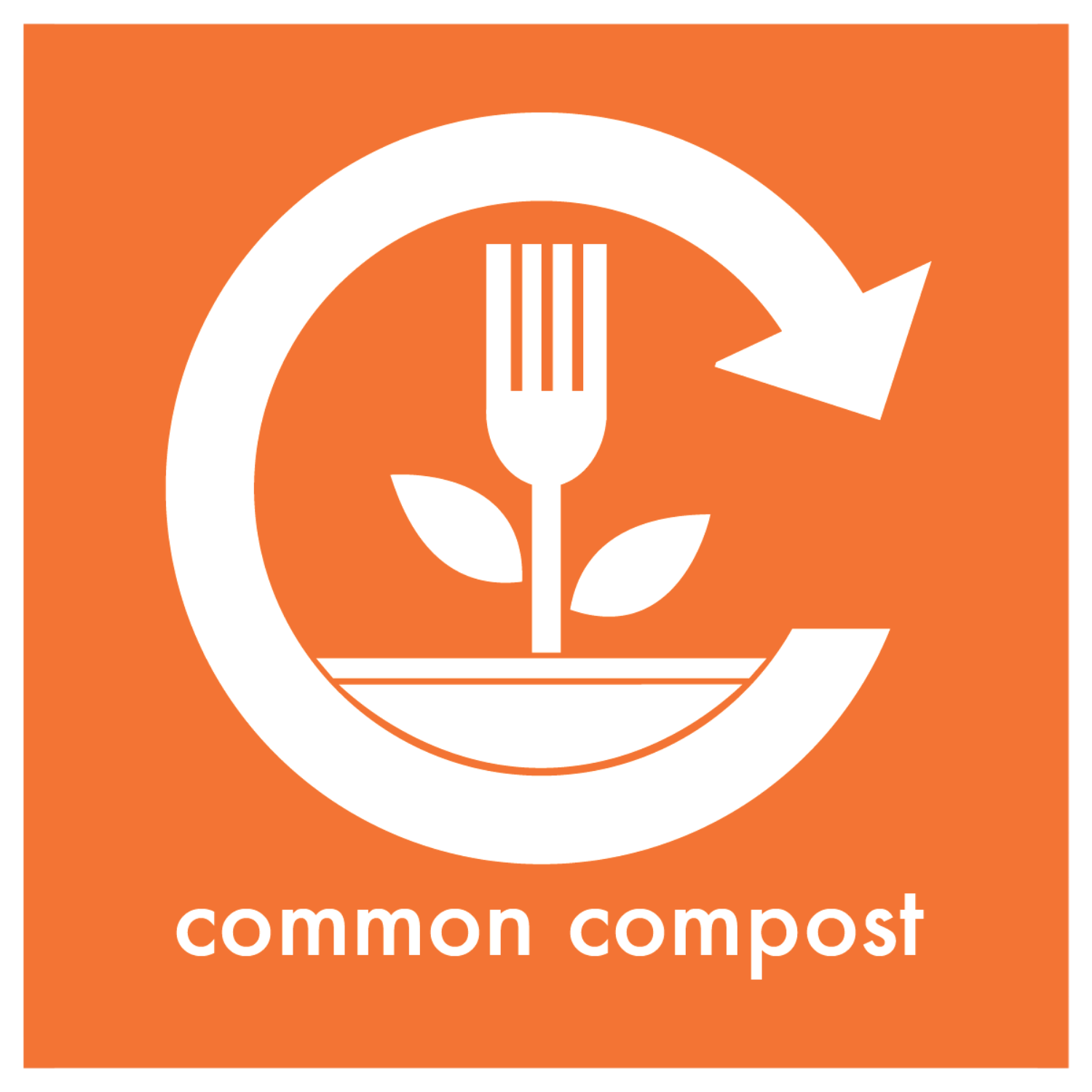Worm Poop is the original organic fertilizer on earth!
ENHANCES GERMINATION, PLANT GROWTH, AND CROP YIELDS
IMPROVES ROOT HEALTH AND STRUCTURE
ENRICHES SOIL WITH BENEFICIAL MICRO-ORGANISMS
STRENGTHENS DROUGHT TOLERANCE
Coming soon!
We're in the product testing and review period, and we need your help. If you represent a local community garden, urban farm, or experienced landscaper in the Bay Area that would like to sample our Worm Poop in exchange for your most honest feedback, we'd love to hear from you!
What are worm castings?
Worm castings, and sometimes also called vermicompost, are both fancy ways to say Worm Poop. It’s the excrement left behind by earthworms after they digest decomposing organic matter. Gardeners can harvest vermicompost and use it as a soil amendment, best known for increasing crop yields and improving drought tolerance in plants. Vermicomposting is the process by which worms and other micro-organisms convert vegetative food material into nutrient rich humus, recycling the beneficial minerals available in food waste needed to strengthen soil health without the nuisances associated with compost piles, ....like odor, pests, or vermin. Worm Poop is the original organic fertilizer on earth!
Worm composting can be done year-round, indoors in schools, offices, and homes. Common Compost is piloting a community vermicompost co-op in Oakland to turn local food waste into soil for local agriculture.
Top 5 Coolest Things about Worm Castings
Worm excrement has over 60 micronutrients and trace minerals, including calcium, magnesium, nitrogen, phosphates and potash.
Castings act as a buffer to help plants grow in soil where the pH levels are too high or too low. They prevent extreme pH levels from making it impossible for plants to absorb nutrients from the soil.
The humus in the castings extracts toxins and harmful fungi and bacteria from the soil. Castings therefore have the ability to fight off plant diseases.
Castings have the ability to fix heavy metals in organic waste. This prevents plants from absorbing more of these chemical compounds than they need. These compounds can then be released later when the plants need them.
Adding vermicompost is an effective, organic method for repelling white flies, aphids, and spider mites. Regular application to the soil around your plants increases enzymes offensive to these common pests.
How to Use Vermicompost?
You can use your vermicompost immediately, or you can store it for up to a year and use it throughout the gardening season. Worm castings can be directly mixed with your potting soil or garden soil as an organic fertilizer. The compost can also be used as a top dressing for your indoor or outdoor plants. In pots and containers, don't use pure vermicompost. Mix a ratio of 1:4 vermicompost to potting soil. You can also use vermicompost to make "worm tea" liquid fertilizer to sprinkle near the roots of plants. Mix two tablespoons of castings with a quart of water and let it stand for a day, shaking it occasionally.
Use like compost -- dig it lightly into the topsoil when mulching grow beds or preparing new beds, or apply a light top dressing around mature plants, shrubs, and trees. Vermicompost generally goes about three times as far as ordinary (aerobic) compost, so use one-third as much. Generally, 3 tablespoons of vermicompost per plant is plenty. Then, water each plant deeply taking care to soak the worm compost that you just spread, which will help work the nutrients down into the soil.
Use for germinating seeds -- castings mixed 50/50 with potting soil produces a growing medium for seedlings that give plants a great start to life.
Use on transplants, especially bare-root transplants -- spray roots with a diluted "worm tea" solution to help prevent transplant shock.
Store in dark, cool place -- keep in a breathable container where the castings won't dry out. The active microbes will keep for up to a year.


